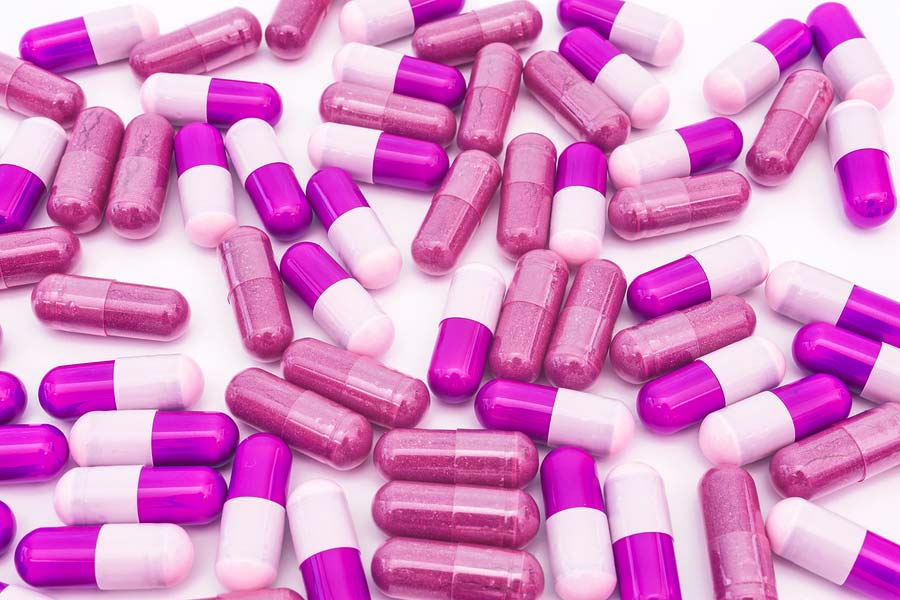Medically Reviewed by Jacque Parker, RN

Proton Pump Inhibitors, or PPIs, are some of the most popular drugs on the market. Designed for preventing heartburn and other stomach and throat issues by reducing stomach acid, they are taken regularly by millions of Americans. And with around 10% of the worldandrsquo;s population suffering from acid reflux, the underlying cause of heartburn, the World Health Organization have placed PPIs on their list of essential medicines.
Which Heartburn Medicines Are PPIs?
You might not recognize the name “omeprazole,” but you probably know its brand name, Prilosec. Same with lansoprazole (Prevacid), esomeprazole (Nexium), and pantoprazole (Protonix). All of these are available as both brand-name and generic drugs, and omeprazole is even available over the counter. One thing to keep in mind when you’re at the pharmacy is that generic drugs are exactly the same as their brand-name equivalent and can be much less expensive, so they may be the best choice for you.
How Do They Work?
PPIs slow the production of stomach acid by partially blocking the cells that make it (also known as the “gastric proton pumps”). This makes the contents of your stomach less acidic overall, helping soothe heartburn, which is caused when stomach acid gets into your esophagus. It can also be beneficial to people suffering from chronic indigestion, ulcers, and other conditions where acid causes pain and discomfort.
What Are The Side Effects?
Stomach acid is vital to breaking down the food we eat and extracting key nutrients. The absorption of certain vitamins and minerals like B12, iron, magnesium, and calcium has been shown to be affected by PPIs, and many doctors recommend taking nutritional supplements like a multivitamin along with these medicines. Other side effects include headache, nausea, diarrhea, abdominal pain, fatigue, and dizziness, although the frequency of each effect varies widely.
There are some murkier side effects, too. One recent study showed a higher risk of early death for users of PPIs, which made many people question whether they should continue to take them. But the study didnandrsquo;t examine whether the drugs actually caused the deaths, and even the authors cautioned that any patients on PPIs should consult their doctors before changing their regimen.
What Are The Alternatives?
For frequent sufferers of heartburn, one of the best non-medicinal ways to control symptoms is through diet. Rather than eating a few large meals, eat smaller meals and snacks throughout the day. This prevents your stomach from getting too full, which in turn helps prevent acid from overflowing into your esophagus. There are also certain foods known to cause heartburn that can be avoided, including spicy, fatty, and acidic foods along with carbonated and/or caffeinated drinks. Alcohol is also a common culprit, both on its own and because over-imbibing can lead to eating other triggering foods. In addition to PPIs, other drugs are available to combat heartburn, including over-the-counter antacids like Tums or Alka-Seltzer that also reduce stomach acidity. These have their own side effects and risks, however, and you should talk to your doctor before changing anything about how you treat your heartburn.
Did you find this article helpful? Join us at HealingWell for support and information about GERD andamp; Acid Reflux. Connect and share with others like you.




